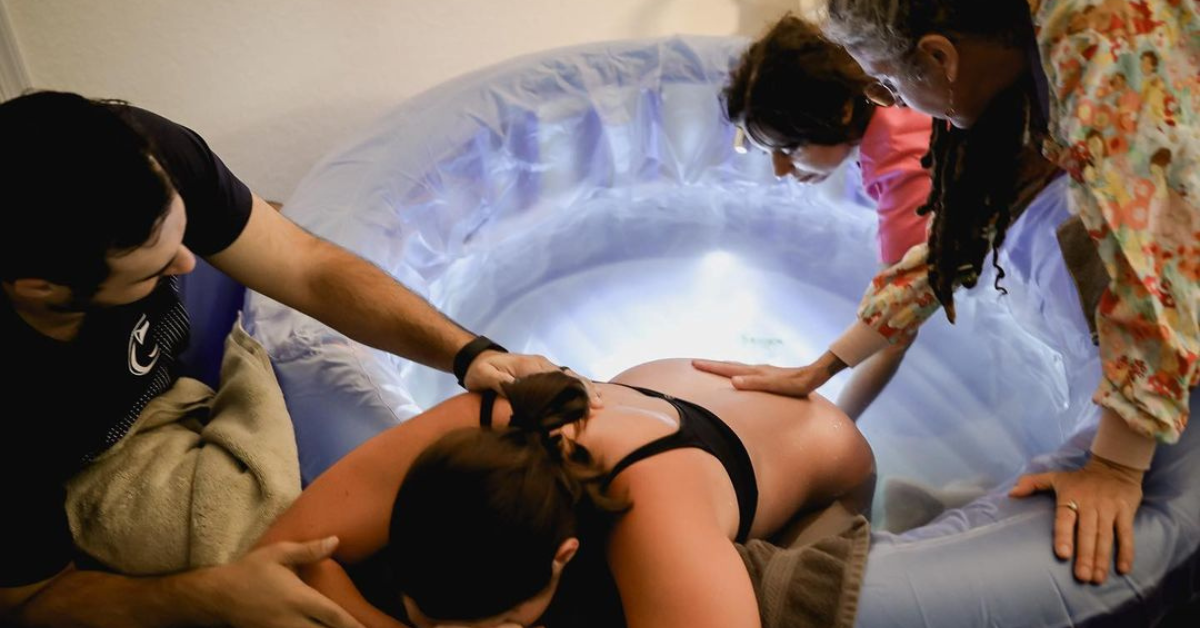You’ll have a virtually invisible but amazing transformation during your first trimester. Knowing what emotional and physical changes are in store during this early time in your pregnancy can help you face them head-on. Above all, your first trimester is a time to celebrate and feel incredible.
Physical Changes
A missed period is usually the first sign that you’re pregnant, but you can experience several other physical changes coming quickly in the next few weeks of your first trimester. They include:
- Constipation – Having higher levels of progesterone in your system will slow down how quickly food makes its way through your digestive tract, and this can cause constipation. You should add fiber to your diet to help prevent constipation, and you’ll want to drink a lot of fluid.
- Fatigue – During your first trimester, your normal progesterone levels will spike. This will cause fatigue, and adding light exercise to a healthy diet can help minimize it. Be sure to rest as much as you can too.
- Food Aversions or Cravings – You may develop sensitivities to certain odors and your tastes might change. You could find yourself craving odd combinations of food or not being able to tolerate things you usually love.
- Heartburn – Hormones will cause the valve between your esophagus and stomach to relax, and this lets stomach acid get into your esophagus. As a result, you may experience heartburn. Eating frequent and small meals while avoiding fried or spicy foods can help lower the risk.
- Nausea and Vomiting – Morning sickness usually starts the month after you become pregnant. This can be with or without vomiting. You want to drink plenty of fluids and avoid having an empty stomach to reduce how nauseous you feel.
- Swollen, Tender Breasts – Your breasts may become sensitive or sore within the first month or two. The discomfort levels usually go down after a few weeks.
- Urinary Frequency – You could find yourself running to the bathroom more frequently. Your blood levels increase when you’re pregnant, and the kidneys will filter extra fluid into your bladder to cause you to have to go to the bathroom more.
Emotional Changes During the First Trimester
Being pregnant can make you feel anxious, delighted, exhausted, and exhilarated. Sometimes, it may be all at one time. Emotional stress is very common with pregnant women, and it typically starts right away. You might worry about the financial impacts of a baby, your baby’s health, and how you’ll adjust to parenthood. If you currently work, you could worry about how you’ll balance your career and your family. Mood swings are very common. If your mood swings get very intense or severe, it’s a good idea to contact your health care provider.
Prenatal Care
The first visit to your doctor will focus on looking for risk factors, assessing your health, and finding out your baby’s gestational age. Your doctor will ask you specific questions about your history. You want to be honest, and your doctor will tell you about screening for chromosomal abnormalities. In conclusion, your doctor will most likely recommend check ups once every four weeks for the first 32 weeks of your pregnancy.
For a deeper level of care, education, and planning throughout your pregnancy process, contact Midwife 360. We are here to support you.





